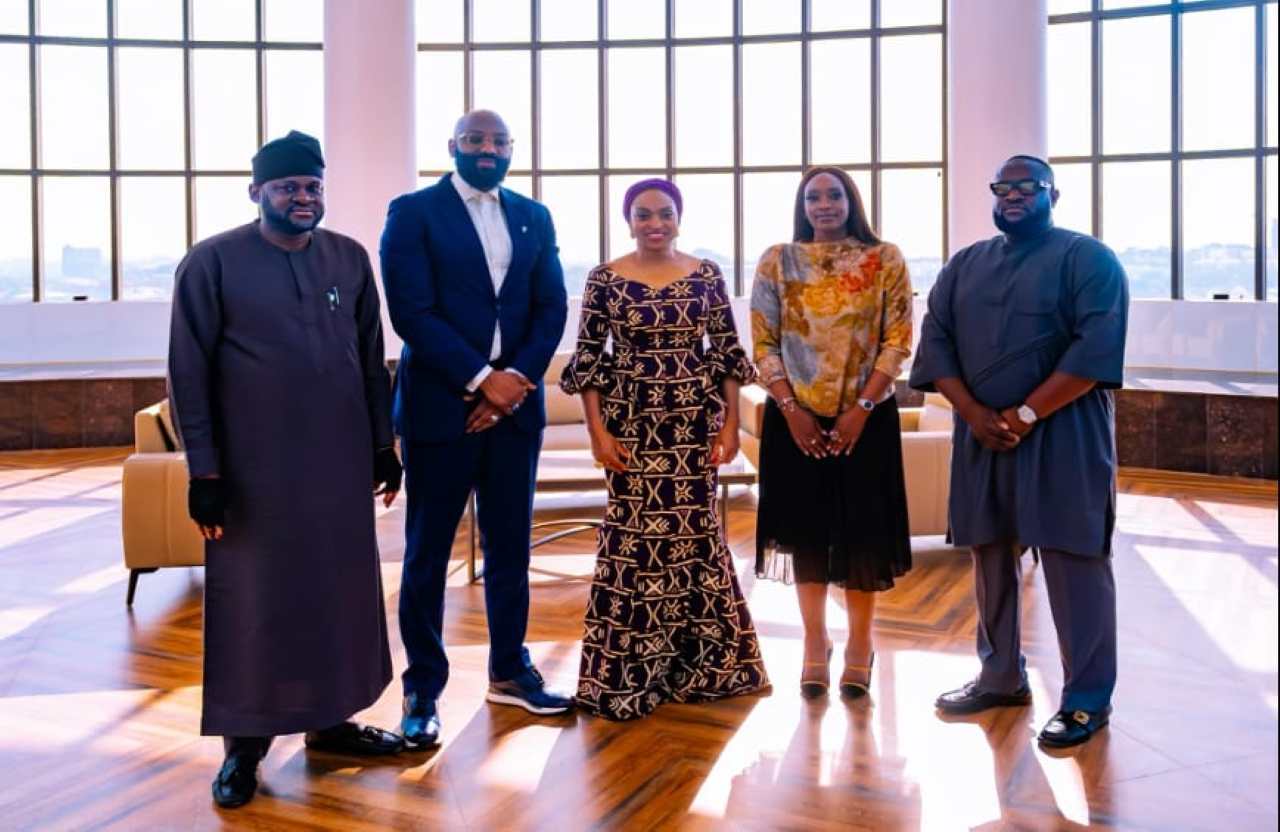To reduce reliance on custodial sentences, promote rehabilitation and crime prevention, the Lagos State judiciary, yesterday, presented Non-custodial Sentencing Practice Direction, 2025.
The MacArthur Foundation collaborated on this reform with the judiciary, together with the Development and Advocate Center, Law Hub, to push for non-custodial sentencing direction to ensure uniform application across the federation.
In his address, the Chief Judge of Lagos State, Justice Kazeem Alogba, underscored the importance of uniformity in sentencing, stressing that non-custodial measures have become a necessary societal change.
According to him, the reforms are designed not only to reduce the costs of imprisonment but also to aid the reintegration of offenders into society.
“Non-custodial sentencing has come to stay. It is not just an alternative; it is a permanent change in the administration of justice. What we must now ensure is that judges, agencies, and all stakeholders understand their roles and responsibilities in enforcing it,” he said.
Alogba emphasised that the new practice direction and compendium of guidelines would eliminate inconsistencies, provide judges with clearer guidance, and minimise conflicts among institutions involved in supervising offenders.
He added that the timely enforcement of judgments remains critical to maintaining public confidence in the justice system. Representing the MacArthur Foundation, Senior Programme Officer, Yvonne Darkwa-Poku, reaffirmed the foundation’s commitment to supporting criminal justice reforms in Nigeria.
She commended Lagos State for its leadership role, describing the launch of the guidelines as a significant step in ensuring fairness, educing prison congestion, and making justice more responsive to society’s needs.
Darkwa-Poku highlighted the foundation’s decades-long involvement in criminal justice reform in Nigeria, noting that its grantees, including civil society groups such as Law Hub, have played a vital role in promoting the adoption and implementation of the Administration of Criminal Justice Act (ACJA) since its passage in 2015.
“MacArthur began supporting work on criminal justice reform long before the ACJA was passed. To see our grantees take on the hard task of pushing for nationwide adoption and implementation, our launch today gives us great hope,” she added.
Representative of Human Rights Commission, Mrs. Yemisi Akile, said the commission has, for over 20 years, been engaged in prison audits, and congestion that had remained a stubborn challenge.
In her welcome address, Mrs. Adenike Oluwafemi, who represented the Executive Director, Law Hub development and Advocacy Centre Mr. Osita Okoro, said the practice direction was long due.
He commended Alogba for his input, stating: “His visionary leadership and unique insights were crucial to the development of this practice direction, and he has been a dependable partner in our shared goal of criminal justice reform.”






